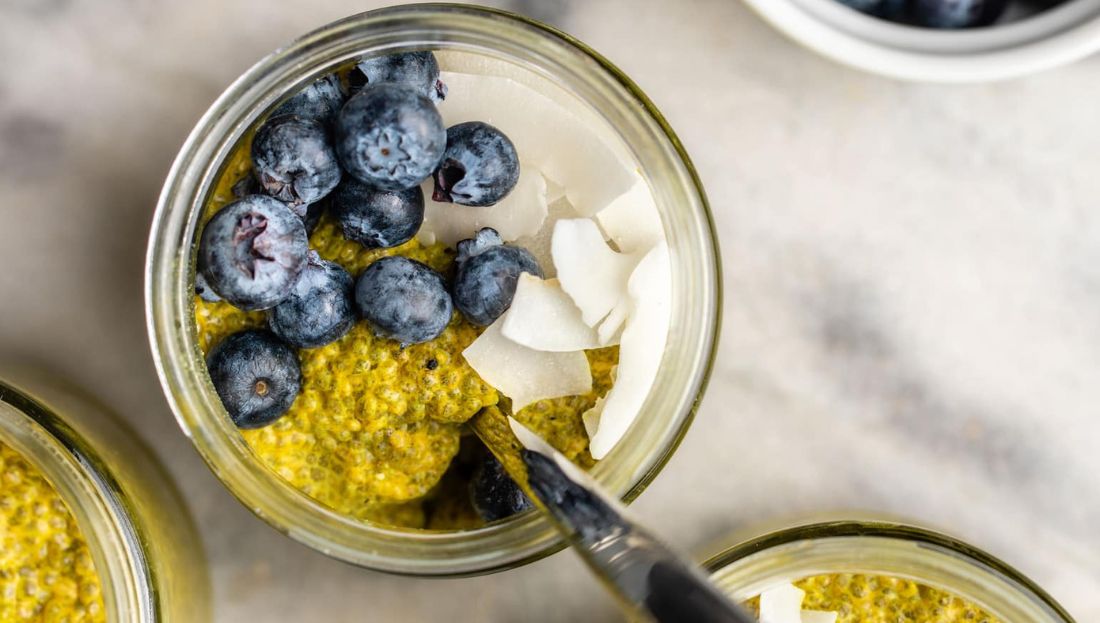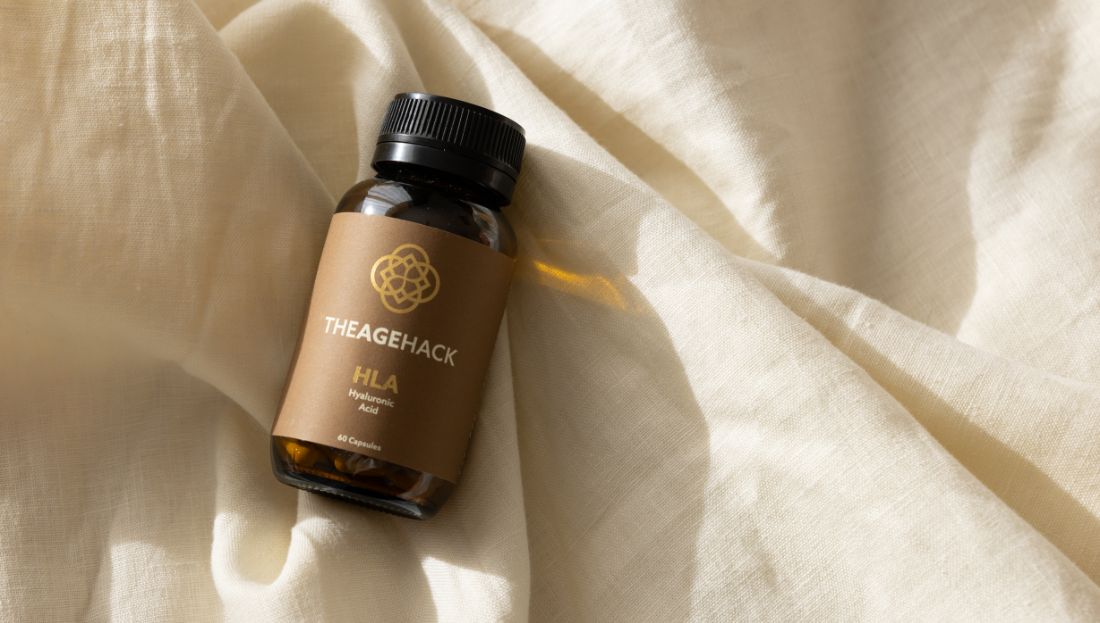NAD+ is vital for DNA function and repair, yet how does it affect our ability to conceive? If you’ve ever wondered about the research behind NAD+ supplementation, its precursors and fertility, we have done the work for you.
In recent years, the role of Nicotinamide Adenine Dinucleotide (NAD+) and its precursors (nicotinamide riboside (NR) and nicotinamide mononucleotide (NMN) in fertility has garnered significant attention. These compounds are integral to cellular energy metabolism and have been implicated in various aspects of reproductive health.
This article delves into the science behind NAD+ and its precursors, their impact on egg and sperm quality, and how certain foods can support fertility. We have created the perfect guide to supplementing and improving natural NAD+, to take you from bump to baby.
Understanding NAD+, NR, and NMN
NAD+ is a coenzyme present in all living cells, essential for energy production and various metabolic processes. It plays a pivotal role in mitochondrial function, DNA repair, and cellular signalling. However, NAD+ levels decline with age, impairing cellular functions, including those critical for reproduction.
NR and NMN are NAD+ precursors. When ingested, they are converted into NAD+ within the body. Supplementing with NR or NMN has been shown to elevate NAD+ levels, potentially mitigating age-related declines in cellular function.
The Role of NAD+ in Fertility
Egg Quality
Eggs are among the most energy-demanding cells in the body, relying heavily on mitochondrial function. NAD+ is crucial for maintaining mitochondrial health, which is considered the ‘energy centre’ of our cells. Research indicates that boosting NAD+ levels can improve mitochondrial function in oocytes (egg cells), potentially enhancing egg quality. A study by the University of New South Wales found that NMN supplementation in aged rats reversed age-related declines in egg quality, suggesting potential benefits for human fertility.
Emerging research highlights the significance of NAD+ in female reproductive health. A study published in Biochemistry and Biophysics Reports in 2024 found that ovarian NAD+ levels decline significantly with age, leading to reduced oocyte quality and fertility.
Ladies, this does not mean that you cannot have a baby if you’re over the age of 35! It means that you must focus on nutrition that supports egg quality and menstrual health in general. Supplementation with NAD+ precursors like NMN has been shown to restore these levels, thereby improving mitochondrial function and enhancing egg quality.
An exciting study in Cell Reports demonstrated that NMN supplementation in aged female mice resulted in improved egg quality and increased fertility rates, suggesting potential benefits for human reproductive health. These findings indicate that maintaining optimal NAD+ levels could be a key factor in preserving female fertility, especially as women age. We need more research, as the current evidence looks promising.
Sperm Health
Guys, listen up, sperm motility and DNA integrity are vital for successful fertilisation. NAD+ supports mitochondrial function in sperm cells, which is essential for motility (how the sperm cells swim). Additionally, NAD+ is involved in DNA repair mechanisms, which can protect sperm DNA from oxidative damage. This can become an overlooked aspect of sperm analysis, as DNA fragmentation is not always tested. Studies have shown that elevating NAD+ levels can improve sperm motility and overall sperm health.
NAD+ plays a crucial role in male fertility by supporting spermatogenesis and maintaining sperm DNA integrity. Research published in Frontiers in Endocrinology revealed that low NAD+ levels are associated with impaired sperm production and quality, highlighting the importance of NAD+ in male reproductive health.
Additionally, a study in The Journal of Clinical Investigation found that supplementing with NAD+ precursors improved sperm motility and DNA integrity in aged male mice, suggesting that boosting NAD+ levels could mitigate age-related declines in male fertility. These studies emphasise the potential of NAD+ supplementation in enhancing male reproductive health. Female fertility is only part of the equation, and male health must be assessed alongside.
The Science On NAD+ And Fertility
Several studies have explored the effects of NAD+ precursors on fertility:
> Animal Studies: Research in rodents has demonstrated that NMN and NR supplementation can improve ovarian function and egg quality. For instance, a study published in Cell Reports found that NMN supplementation in aged female mice restored fertility, indicating potential applications for human reproductive health.
> Human Studies: Clinical trials in humans are limited but promising. A study in middle-aged women undergoing in vitro fertilisation (IVF) found that NR supplementation improved egg quality and embryo development, suggesting that NAD+ precursors may enhance reproductive outcomes in women of advanced maternal age.
The Age Hack has recognised the importance of providing a quality supplemental form of NAD+ and its precursors. NAD+ , NMN and NR are available in encapsulated or powder, in a pure and potent form.
NAD+ For Your Hormones
A diagnosis does not always mean a sentence to suffering. NAD+ supplementation may be beneficial in various conditions related to fertility:
> Age-Related Fertility Decline: As NAD+ levels decrease with age, supplementing with NR or NMN may mitigate age-related declines in egg and sperm quality.
> Polycystic Ovary Syndrome (PCOS): NAD+ precursors may improve insulin sensitivity and reduce oxidative stress, potentially alleviating symptoms of PCOS.
> Male Infertility: By enhancing mitochondrial function and DNA repair, NAD+ supplementation may improve sperm motility and DNA integrity, addressing certain causes of male infertility.
Supporting NAD+ Levels Through Diet
Supplementation is a potent way to elevate NAD+ levels and see fast results. It is so important to boost your natural levels, with certain foods that can also support NAD+ production:
- Eggs: Rich in B vitamins, particularly niacin (vitamin B3), which is a precursor to NAD+.
- Fish: Fatty fish like salmon are high in omega-3 fatty acids, which support mitochondrial function.
- Nuts and Seeds: Sources of healthy fats and B vitamins, contributing to NAD+ synthesis.
- Green Vegetables: Leafy greens provide folate, essential for DNA repair and cellular function.
- Whole Grains: Contain B vitamins and fibre, supporting overall metabolic health.
Incorporating these foods into a balanced diet can help maintain optimal NAD+ levels and support reproductive health.
Four Lifestyle Habits For NAD+
Maintaining optimal NAD+ levels is not solely dependent on supplementation; certain lifestyle habits can also play a significant role:
> Regular Physical Activity: Engaging in regular exercise, particularly aerobic activities, has been shown to increase NAD+ levels by enhancing mitochondrial function and promoting the activity of NAD+-dependent enzymes.
> Adequate Sleep: Quality sleep is essential for cellular repair and maintenance. Studies suggest that consistent, restful sleep supports the body's natural production of NAD+ and helps maintain its levels.
> Intermittent Fasting: Practices like intermittent fasting can stimulate NAD+ production by activating sirtuins, enzymes that play a role in cellular health and longevity.
> Balanced Nutrition: Consuming a diet rich in nutrients that support NAD+ synthesis, such as niacin (vitamin B3), found in foods like turkey, chicken, and legumes, can help maintain optimal NAD+ levels.
The Last Word
Fertility can be a tough road for many, and a lonely one at times. Supporting NAD+ production through supplementation and diet may offer a promising approach to enhancing fertility. By improving mitochondrial function and DNA repair mechanisms, NAD+ and its precursors can positively impact egg and sperm quality.
The current scientific evidence is compelling, and promising for further treatment. Further research, particularly human clinical trials, is needed to fully understand the potential benefits and optimal usage of NAD+ supplementation in fertility.
If you’re considering NAD+ supplementation, consider your specific health needs and circumstances. Make sure you have a healthcare team supporting you through fertility challenges and a plan to optimise nutrition. Couples trying to conceive deserve effective, evidence-based solutions to improve success on their fertility journey.
References
Frontiers in Endocrinology. (2022). Low NAD+ Levels Are Associated With a Decline of Spermatogenesis in Aging Male Mice. https://www.frontiersin.org/articles/10.3389/fendo.2022.896356/full
Freeberg KA, Udovich CC, Martens CR, Seals DR, Craighead DH. Dietary Supplementation With NAD+-Boosting Compounds in Humans: Current Knowledge and Future Directions. J Gerontol A Biol Sci Med Sci. 2023 Dec 1;78(12):2435-2448. Doi: 10.1093/gerona/glad106. PMID: 37068054; PMCID: PMC10692436.
ScienceDirect. (2024). Supplementation with NAD+ and Its Precursors: A Rescue of Female Reproductive Diseases. https://www.sciencedirect.com/science/article/pii/S2405580824000797
The Journal of Clinical Investigation. (2023). NAD+ Precursors Promote the Restoration of Spermatogenesis in Busulfan-Induced Male Infertility. https://www.thno.org/v14p2622.htm





